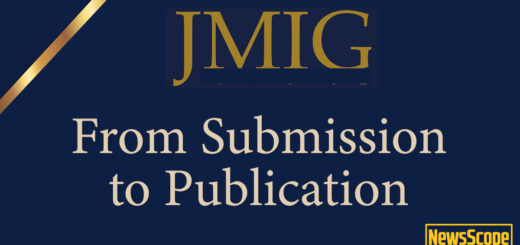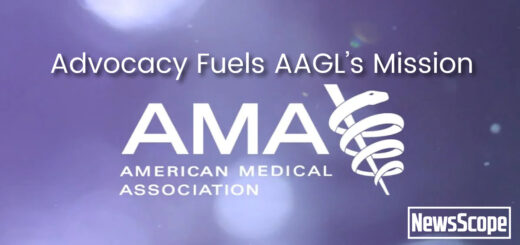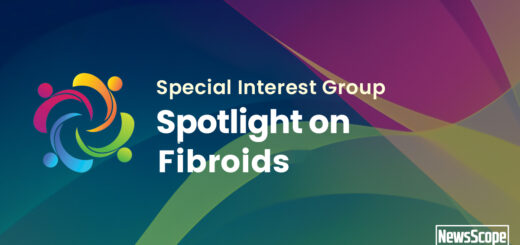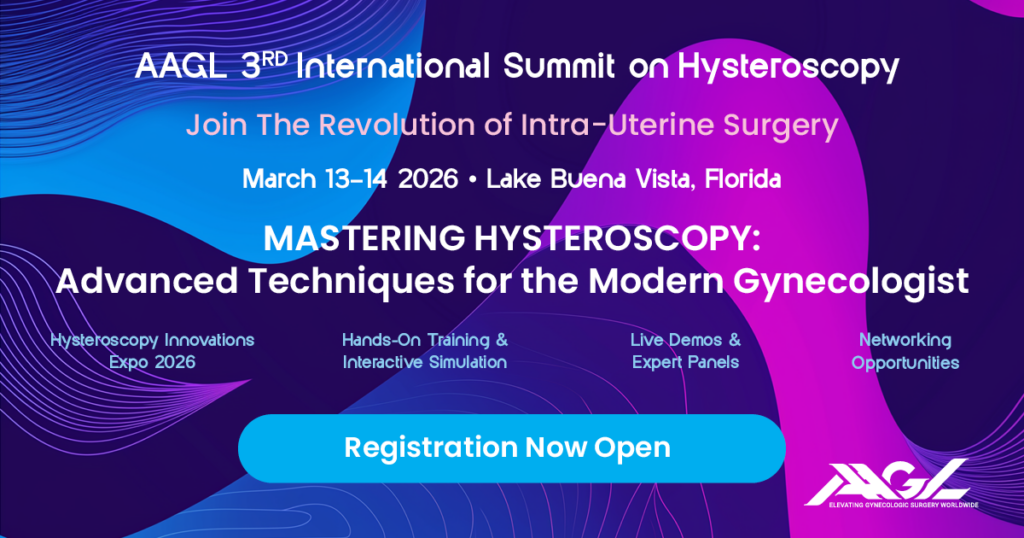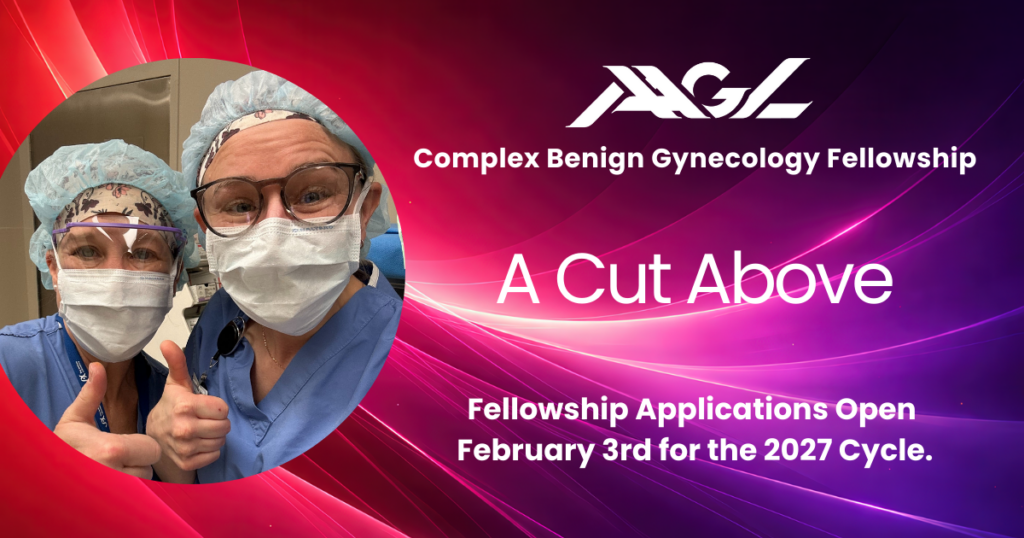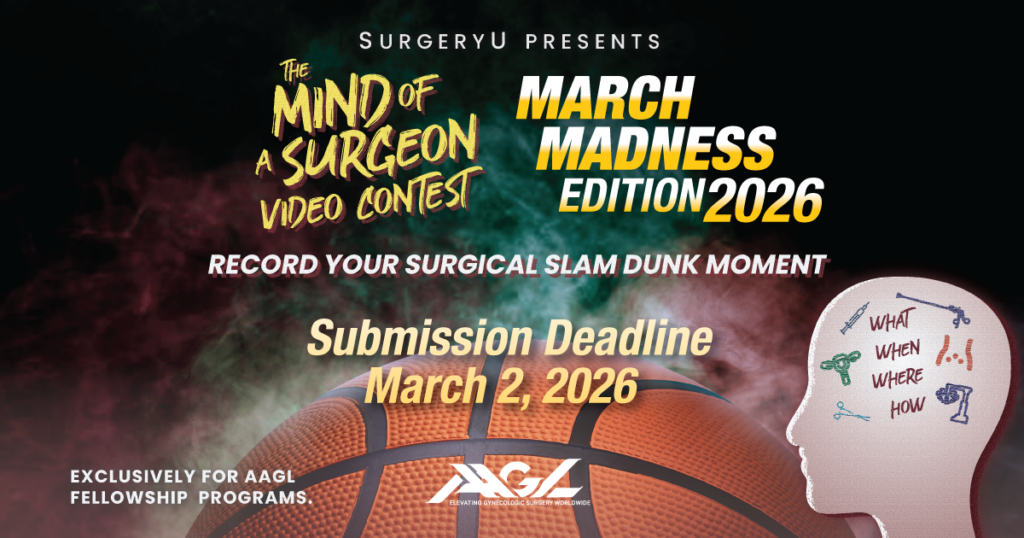AAGL25: Postgraduate Courses and Labs
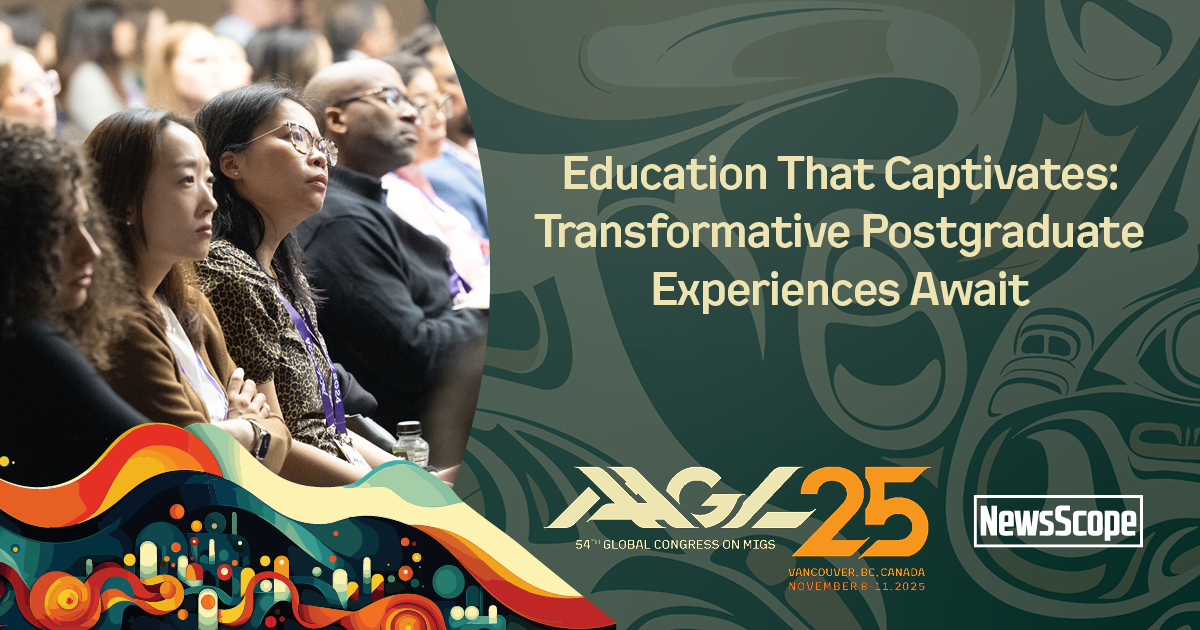
This year’s congress promises to be one of the largest and most successful meetings of the AAGL yet! The overwhelming interest in the upcoming congress and the surge in submissions and requests for courses have prompted us to expand the number of breakout sessions. Over the past few years, we’ve witnessed remarkable advancements in artificial intelligence, machine learning, image recognition, and the emergence of applications that simplify our daily office tasks. Inspired by these technological leaps, I’ve decided to make artificial intelligence the central theme of this year’s congress. However, even with this focus, we’ll still provide a wide range of presentations on minimally invasive surgery (MIS) topics for those interested in more traditional gynecologic surgery.
As in previous years, our November meeting in Vancouver will commence with two days of postgraduate courses, followed by the Global Congress. The postgraduate courses will cover various gynecologic surgery topics, which I’m confident you’ll find both engaging and highly relevant to your practice. To ensure practicality, we’ve requested the presenters to structure their lectures in a manner that applies directly to any MIS practice.
Our Congress kicks off on Saturday, November 8th, with five breakout rooms offering sessions throughout the morning and afternoon. On that day, several special interest groups will present their courses. Topics will include modern treatments for uterine leiomyoma, hysteroscopic intrauterine surgery, congenital anomalies in pediatric gynecology, pelvic pain, fertility-focused endometriosis treatment, integrating ultrasound into gynecologic surgical practice, fertility preservation in gynecologic oncology, urogynecology, and robotic surgery. As a pelvic pain specialist, I’m particularly excited about the pelvic pain course taught by a talented group of doctors, including Adrian Balica, Nucelio Lemos, and others. I’m certain everyone will find something compelling.
On Sunday, November 9th, we will present postgraduate courses carefully selected by the Scientific Planning Committee—Drs. Nita Desai, Anna Reinert, Marie Paraiso, Gaby Mowad, Vadim Morozov, Sergio Haimovich, Xiaoming Guan, Marcello Ceccaroni, Ted Anderson, Linda Bradley, and Executive Director, Linda Michels. I want to express my gratitude to these committee members for their tireless efforts in choosing the most relevant courses for this year’s meeting.
On Sunday, we will also commence our hands-on labs, including an advanced suturing lab, a pelvic anatomy course focused on nerve-sparing gynecologic surgery, and a retroperitoneal anatomy session pertinent to gynecologic procedures. Eight concurrent breakout rooms will host a diverse range of courses, each featuring renowned and esteemed presenters. While many medical and surgical courses are scheduled, I would like to highlight a few that are particularly anticipated. Dr. Carugno and his team will present a course titled “Public Speaking and Effective Communication for MIGS Surgeons,” which I believe has the potential to be one of the most popular sessions of the entire conference. Another notable course, though not strictly medical, promises to be an invaluable resource for all of us. Dr. Edward Betcher will present “Human Leadership in the World of AI.” Additionally, the course on Medical Device Innovation by Dr. Eugene Skalnyi will attract many participants interested in developing innovative medical and surgical devices.
With such captivating topics and exceptional speakers, coupled with a picturesque location, this year’s conference promises to be a resounding success. We cordially invite you to join us in Vancouver for our annual Congress, where you can participate in postgraduate courses and gain insights into the latest advancements in minimally invasive gynecologic surgery driven by artificial intelligence.

